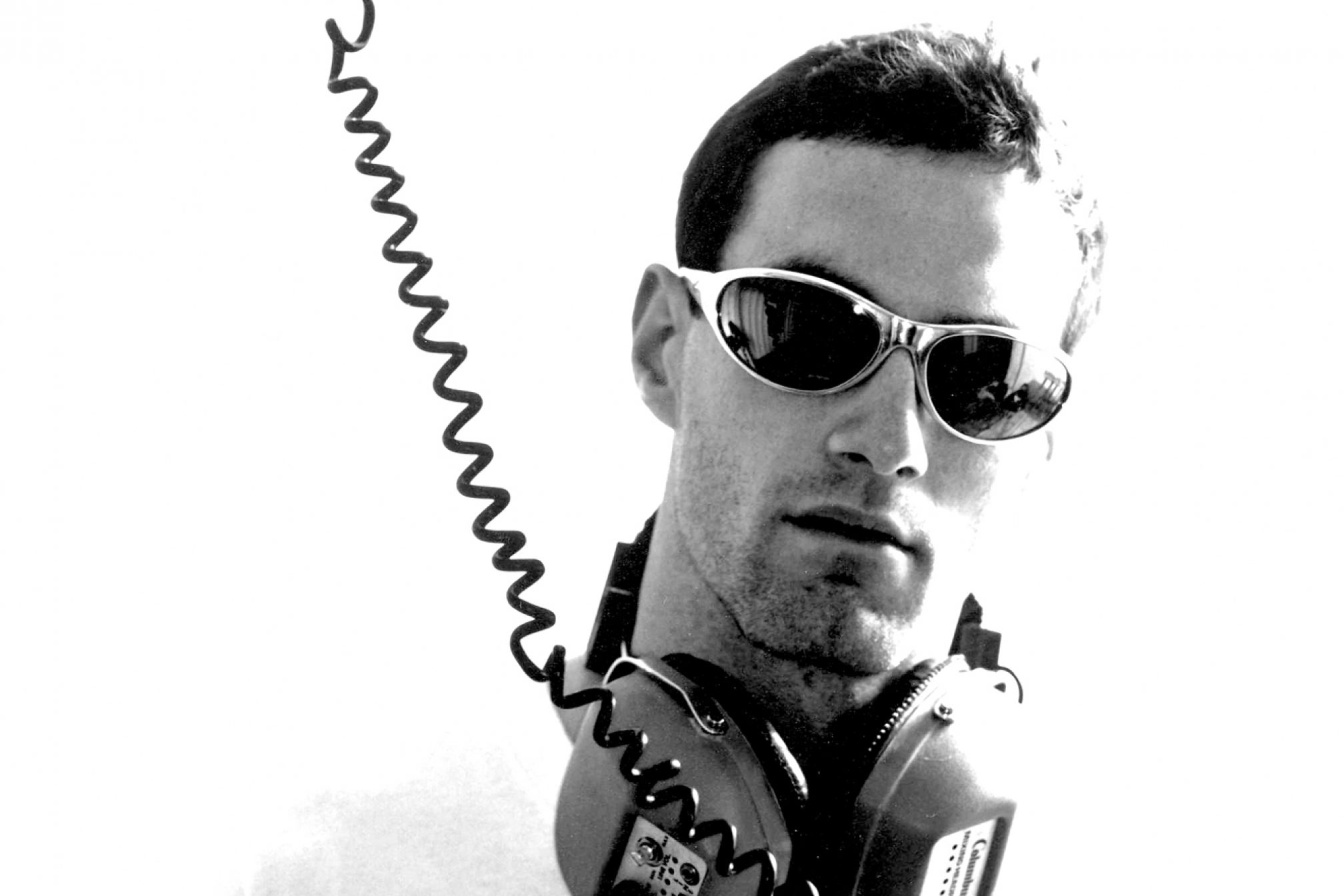 Artists
Artists
James Lavelle: "Our business lunches were fuelled by Bolivian marching powder"
UNKLE's fifth album is on the way
By 1994, while still in his teens, James Lavelle had become one of the most influential people in dance music. His label Mo’Wax, closely associated with groundbreaking releases by DJ Shadow, came to define smart, instrumental breakbeat music, fashion-conscious and cool, as at ease with drum ’n’ bass as trip-hop. In 1998 he cemented his reputation with ‘Psyence Fiction’, his first album as UNKLE, which achieved wide success, and he became one of Fabric’s perennial resident DJs (he put together the first Fabriclive mix in 2001). Now, almost 20 years later, he’s as busy as he’s ever been.
UNKLE’s new album, their fifth, is imminent. It’s called ‘The Road: Part 1’ and features a range of guests from futurist jazz singer ESKA to Primal Scream guitarist Andrew Innes. Meanwhile, following his curation of the prestigious South Bank Meltdown Festival in 2014, this autumn Lavelle will be taking over London’s Camden for Daydreaming With… James Lavelle, a season of events ranging from experimental techno don Luke Abbott to bass pioneers Smith & Mighty.
Do you have a pristine vinyl collection of Mo’Wax’s back catalogue?
I wish I did. I’ve got most of it, but I think there are a couple of holes, unfortunately, from occasional dodgy hands going into record collections over the years. I’ve lost that really hardcore completist mentality when it comes to collecting. The problem is you feel like you’re in a museum, an Egyptian sarcophagus surrounded by tunes you released many years ago. However, I do have 30,000 records in storage, and I’m starting to get itchy fingers about not having them around as a source of inspiration.
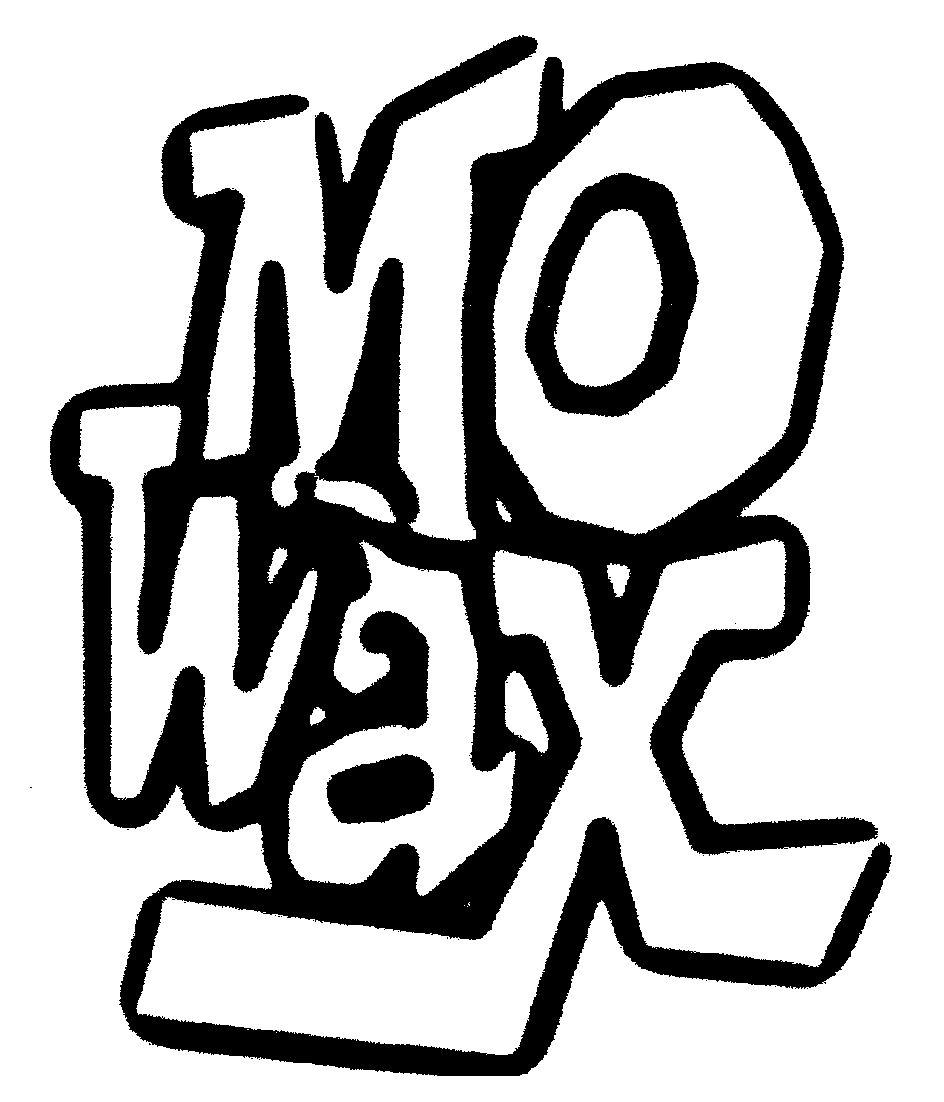
What are your memories of going to see Soul II Soul in 1989, your first gig?
Just being blown away by the people. England was always so black and white, so it was a whole new, alien world of flat-top haircuts, British Knights sneakers, straight-cut 501s, bomber jackets and Def Jam leather jackets. It was like everything suddenly became Technicolor.
And what about 90s celeb hangout, the Met Bar?
My 23rd birthday party was the opening of the Met Bar [in February 1997]. There was Carl Craig, Richard Ashcroft, Noel Gallagher, Ian Brown, Will Bankhead, Krust… it wasn’t just a celebrity thing, it was swinging London, man, everybody from music, art, fashion, actors, the coming-together of a new age group of people successful at the time, the young Alexander McQueens and Kate Mosses, but also everybody else. Suddenly me and my mates were allowed in those places, and it was fucking fun.
Was there ever a moment when you just couldn’t believe you were in the same room as someone?
When I was young, when The Beastie Boys said they were coming back to England because of Mo’Wax, or when I first met Massive Attack. And being in Stanley Kubrick’s house, talking to his wife, standing in front of his grave in his private home, and being allowed to do an exhibition of his work last year – that was pretty powerful.
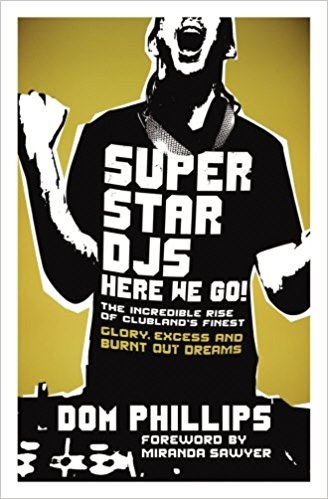
In Dom Phillips’ book about 90s clubbing excess, Superstar DJs Here We Go, you’re portrayed as really going over the edge. It tells, for instance, of a photoshoot in Las Vegas where everyone was so trashed the shoot never actually happened. Your chapter ends in burn-out and regret.
Dom pushed it too far; he made it seem more negative than I’d have liked. And now there’s a new documentary, The Man from Mo’Wax. It shows the trials and tribulations of surviving in this business. The filmmakers’ agenda was charting the ups and downs, but people like to focus on the downs to make things more interesting. I like hedonism and, yes, things went on: I’ve lived a rock ’n’ roll life. I was a bit paranoid, but when people see the film they tell me it shows human strength, commitment, and, at times, a lot of people not being very nice to me.
You made the soundtrack to the classic Ray Winstone/Ben Kingsley gangster film Sexy Beast. How did
that come about?
I’d worked with Jonathan [Glazer] on the video for [UNKLE’s] ‘Rabbit in Your Headlights’. He was making a film, he’d run out of money, and he still needed to get the music done. I said, “Well, I’ll do it,” and we had eight days to do the soundtrack. We had a lot of fun scoring the film, terrific scenes like when Ben Kingsley’s pissing on the floor. Exciting times in Nellee Hooper’s studio: eight tracks in eight days.
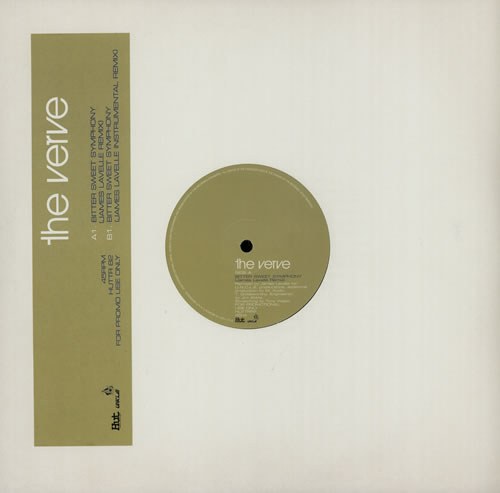
You DJed at The Verve’s epochal home-coming gig in Wigan in May 1998…
That was amazing. They went from being split up to becoming the biggest band in the world for a minute. We were all the same age, hanging out. Sadly, my memory is of [folk singer-songwriter] John Martyn playing and the whole crowd shouting abuse at him. I know Richard [Ashcroft] was really upset because he was trying to put on this great cultural experience.
I recall having to DJ behind a curtain. I was very proud of their achievement, but the event, unfortunately, also represented total laddism.
Is your remix of ‘Bitter Sweet Symphony’ the one people talk to you about the most?
I was there in the studio when Richard did ‘Bitter Sweet Symphony’ and ‘The Drugs Don’t Work’. When you heard those things put down, you just knew: “Fuck me, this is just going to destroy everybody!” That remix was the most played remix ever on British radio. It was the height of me being a sort of pop star. I was 24. It was all pretty mad.
But the 1990s was a great time to be “a sort of pop star”...
The seventies and early eighties were the pinnacle of the music and creative industries as we knew them, and the nineties was the end of it, the last period where it was very free. In the nineties it was still the lunatics running the asylum, and there was a lot of money so you could do crazy things. In those days [drum ’n’ bass producer] Photek could get a £150,000 deal with Virgin. I got a Jean-Michel Basquiat artwork as part of my major label deal. Those drum ’n’ bass deals, you’d have a lawyer dealing with Virgin and Warner Brothers – “We want a Maserati and £70,000 cash in a bag”. Fifteen minutes later, whoever made the best offer won. We were smoking weed in business lunches, high times, fuelled by Bolivian marching powder. I’m sure you’ve read [John Niven’s novel of 90s music biz mayhem] ‘Kill Your Friends’...
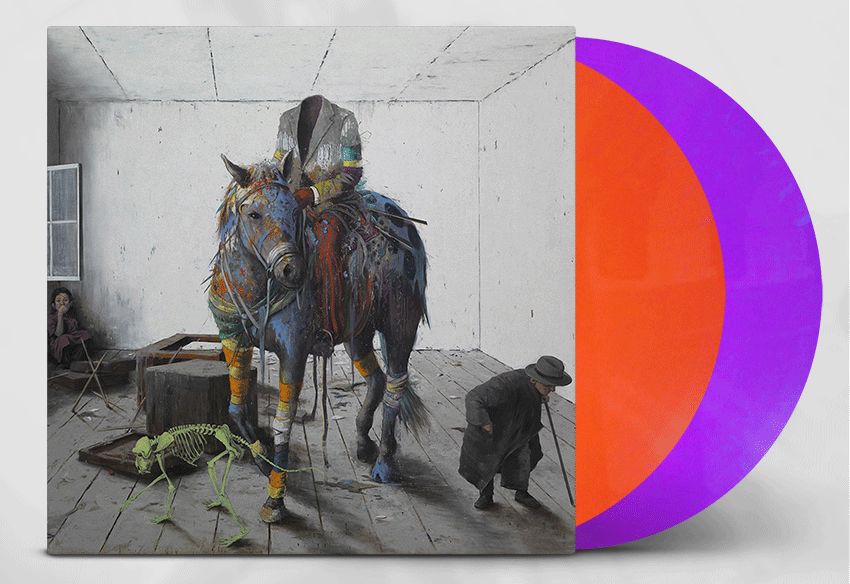
What’s the greatest DJ set you’ve ever seen?
I don’t think I can narrow it down to just one. I’ve seen Sasha do some of the most fantastic ecstasy moments; being in Body & Soul with François Kevorkian; Junior Vasquez at the Sound Factory; the first time I saw Gilles Peterson blew my mind; Harvey at Ministry and The Blue Note used to destroy it; and going raving for the first time at 14 and seeing Carl Cox and Fabio & Grooverider was pretty insane.
How did the new UNKLE album come together?
I split up with my UNKLE partner [Richard File]. Musically, everybody I’d worked with before had come out of Mo’Wax – Tim Goldsworthy, DJ Shadow, Richard, Pablo Clements. It was a bit like when you’re sixteen and you go out with one girl, then her best mate, then her best mate; twenty years later you’re still dealing with the same politics you were as a kid. UNKLE’s been a constant series of love affairs and divorces. Coming out of that period I was pretty deflated, but the first thing I ended up working on was co-writing and co-producing ‘…Like Clockwork’, the title track of Queens Of The Stone Age’s last album. It was a really refreshing recording session, after which I was asked to curate the [2014] Meltdown Festival in London. Following in the footsteps of Morrissey, Ornette Coleman, David Bowie, it was incredibly humbling and inspiring. It allowed me to feel good about what I do, because I felt shit about it for a while. I met a lot of new people, it was cathartic, it re-grounded me, made me feel that UNKLE is important to people, and that made it important to me.
UNKLE ‘Songs For The Road’ is out now on Songs For The Def
This feature is from the September issue of Mixmag



